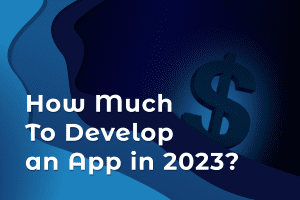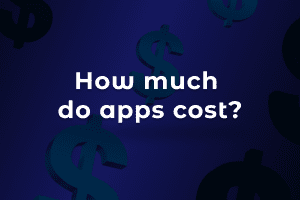Contents
Top Mobile App Development Frameworks & Technologies for 2023
The mobile app development landscape is constantly changing, and developers need to stay up-to-date with the latest frameworks and technologies. In this article, we provide a comprehensive guide on the top mobile app development frameworks and emerging trends to watch out for in 2023, helping you make informed decisions for your next app development project.
What is a Mobile App Framework?
A mobile app framework is a collection of tools, libraries, and pre-built components that provide a foundation for creating mobile applications. These frameworks simplify and streamline the development process, enabling developers to build feature-rich, consistent, and compatible apps across various platforms more efficiently. By using a mobile app framework, developers can focus on creating unique app functionalities instead of dealing with the complexities of platform-specific development.
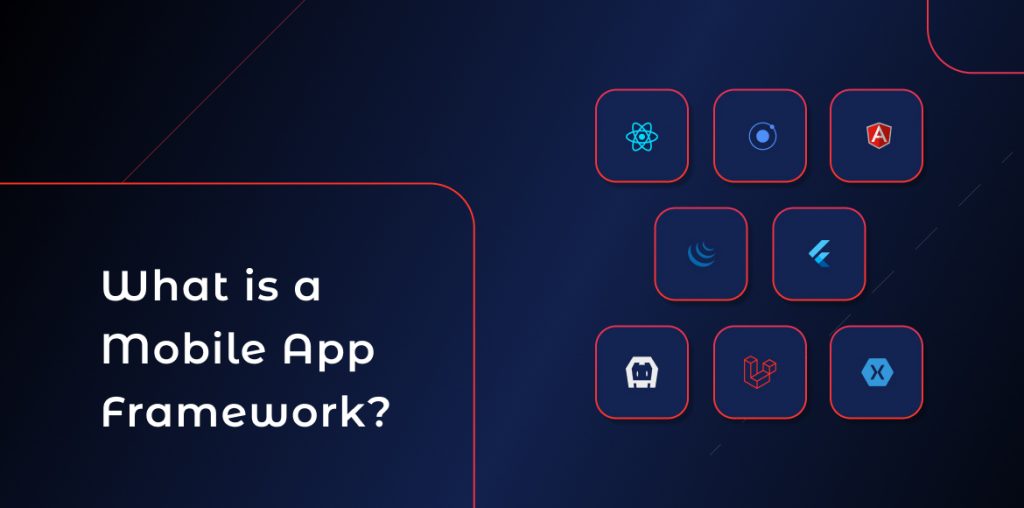
The Main Types of Mobile App Frameworks & Technologies
Mobile app development frameworks can be broadly categorized into two types: Android and iOS frameworks.
Android frameworks focus on building apps specifically for the Android platform, utilizing tools and libraries designed for compatibility with Android devices. Some examples of Android frameworks include Android Studio and Kotlin Multiplatform.
iOS frameworks cater to the Apple ecosystem, providing tools and libraries for building apps that run smoothly on iOS devices, such as iPhones and iPads. Examples of iOS frameworks include SwiftUI and Objective-C.In addition to these platform-specific frameworks, cross-platform frameworks have gained popularity in recent years. These frameworks allow developers to create apps that work seamlessly on both Android and iOS devices using a single codebase, resulting in significant time and resource savings. Examples of popular cross-platform frameworks include React Native and Flutter.
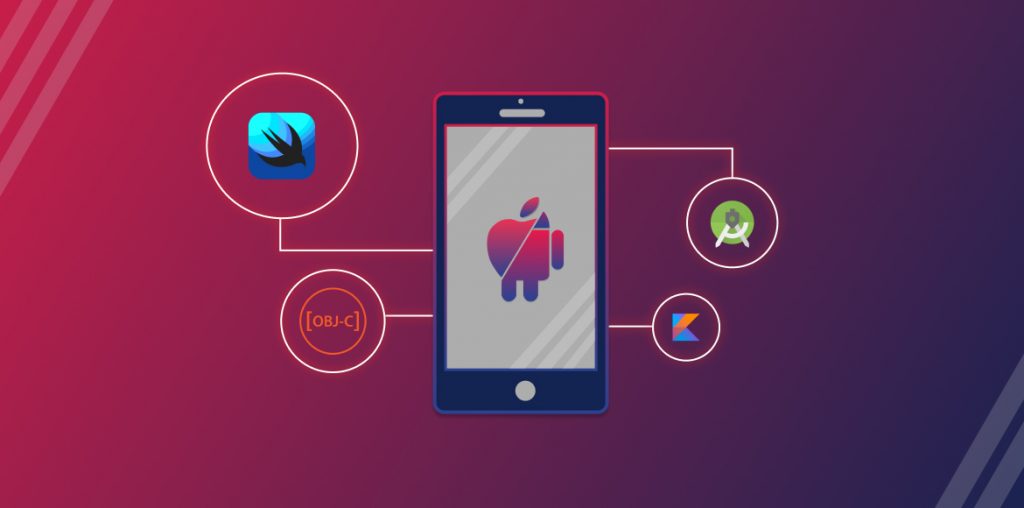
Top Mobile App Development Frameworks in 2023
In this section, we will delve into the top mobile app development frameworks for 2023, exploring their core features, pros, and cons to help you make an informed decision for your app development project.
React Native
Core Features
- Cross-platform development
- Performance close to native
- Large community support
- Access to native APIs
- Hot reloading for faster development
Pros
- Single codebase for multiple platforms
- Faster development cycle
- Strong ecosystem of libraries and tools
Cons
- May require native code for some features
- Performance can be lower than native apps in some cases
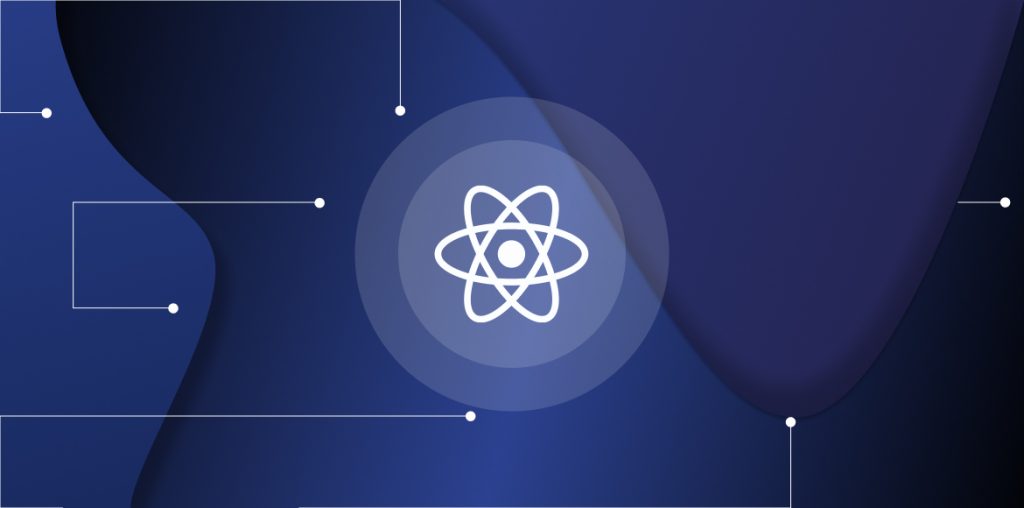
Flutter
Core Features
- Cross-platform development
- High performance
- Expressive and customizable UI
- Rich set of pre-built widgets
- Strong community support
Pros
- Rapid development with hot reloading
- Beautiful and expressive UI elements
- Extensive documentation and support
Cons
- Larger app size compared to native apps
- Limited support for third-party libraries

Xamarin
Core Features
- Cross-platform development
- Native performance
- Access to native APIs
- Large .NET and C# libraries
- Microsoft Visual Studio integration
Pros
- Single codebase for multiple platforms
- Integration with Microsoft ecosystem
- Access to an extensive library of .NET and C# resources
Cons
- Steeper learning curve for developers unfamiliar with .NET and C#
- Larger app size compared to native apps
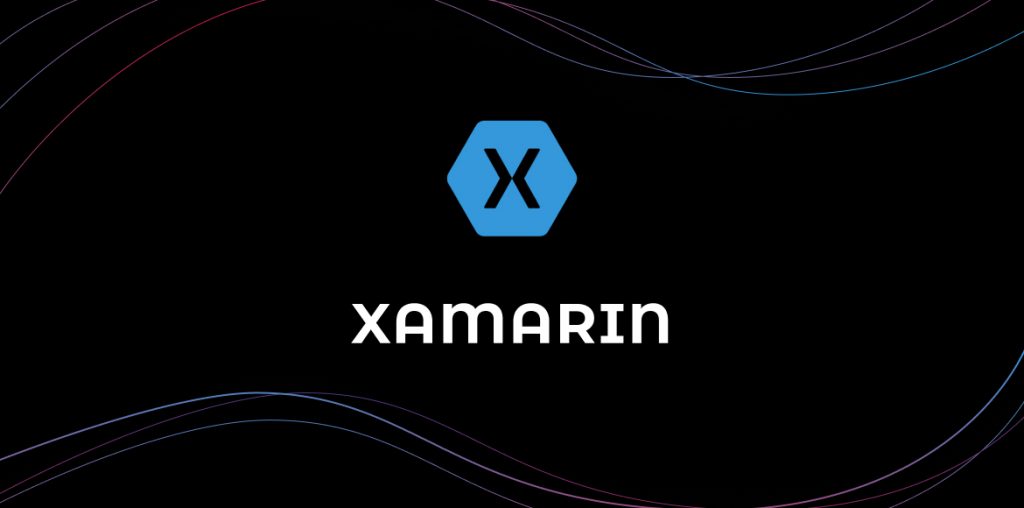
Ionic
Core Features
- Cross-platform development
- Rich UI components
- Access to native device features
- Large community support
- Integration with popular backend services
Pros
- Web technologies allow for faster development
- Extensive library of UI components
- Access to native device features through Cordova plugins
Cons
- Performance may be lower than native apps
- Dependency on additional plugins for native features
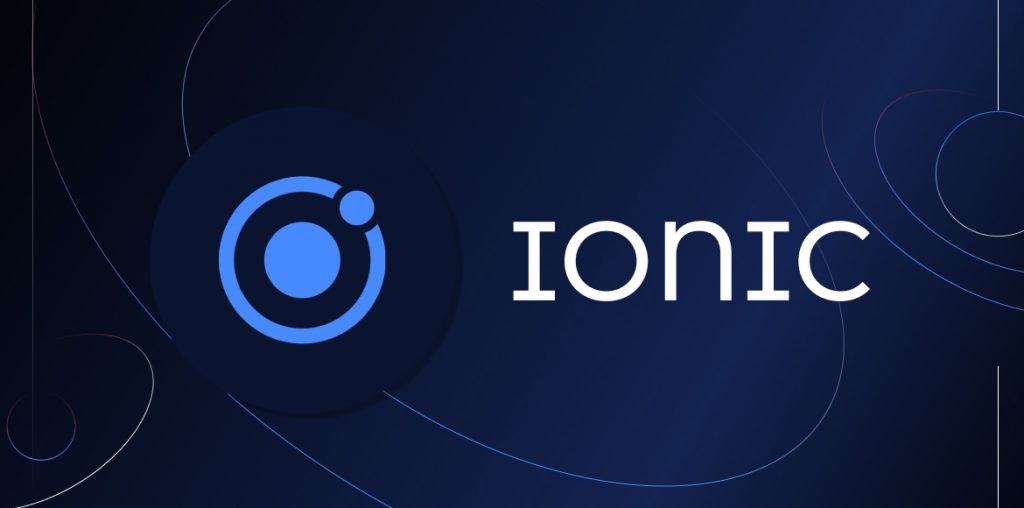
NativeScript
Core Features
- Cross-platform development
- Native performance
- Access to native APIs
- Support for popular JavaScript libraries
- Hot reloading for faster development
Pros
- Single codebase for multiple platforms
- Direct access to native APIs
- Support for popular JavaScript frameworks like Angular and Vue.js
Cons
- Smaller community and ecosystem compared to React Native and Flutter
- Limited selection of pre-built plugins
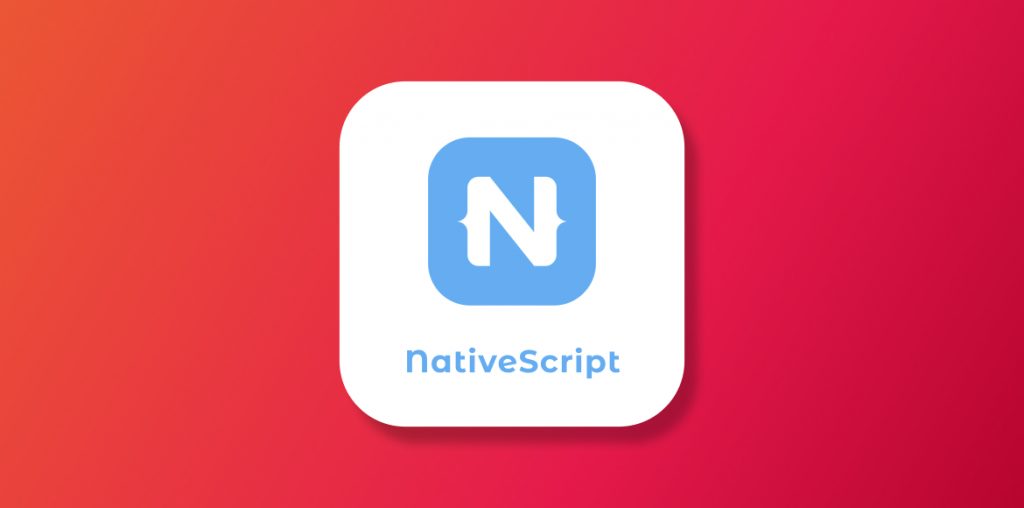
We have summarized the listed frameworks in a comparative table
| Framework | Core Features | Pros | Cons |
| React Native | – Cross-platform development | – Single codebase for multiple platforms | – May require native code for some features |
| – Performance close to native | – Faster development cycle | – Performance can be lower than native apps in some cases | |
| – Large community support | – Strong ecosystem of libraries and tools | ||
| – Access to native APIs | |||
| – Hot reloading for faster development | |||
| Flutter | – Cross-platform development | – Rapid development with hot reloading | – Larger app size compared to native apps |
| – High performance | – Beautiful and expressive UI elements | – Limited support for third-party libraries | |
| – Expressive and customizable UI | – Extensive documentation and support | ||
| – Rich set of pre-built widgets | |||
| – Strong community support | |||
| Xamarin | – Cross-platform development | – Single codebase for multiple platforms | – Steeper learning curve for developers unfamiliar with .NET and C# |
| – Native performance | – Integration with Microsoft ecosystem | – Larger app size compared to native apps | |
| – Access to native APIs | – Access to an extensive library of .NET and C# resources | ||
| – Large .NET and C# libraries | |||
| – Microsoft Visual Studio integration | |||
| Ionic | – Cross-platform development | – Web technologies allow for faster development | – Performance may be lower than native apps |
| – Rich UI components | – Extensive library of UI components | – Dependency on additional plugins for native features | |
| – Access to native device features | – Access to native device features through Cordova plugins | ||
| – Large community support | |||
| – Integration with popular backend services | |||
| NativeScript | – Cross-platform development | – Single codebase for multiple platforms | – Smaller community and ecosystem compared to React Native and Flutter |
| – Native performance | – Direct access to native APIs | – Limited selection of pre-built plugins | |
| – Access to native APIs | – Support for popular JavaScript frameworks like Angular and Vue.js | ||
| – Support for popular JavaScript libraries | |||
| – Hot reloading for faster development |
This table provides a structured overview of the core features, pros, and cons of each mobile app development framework mentioned.
Want to develop a custom software solution?
10 Hot Trends Driving Mobile App Development in 2023
In this section, we’ll explore the top 5 trends shaping the mobile app development landscape in 2023, providing valuable insights into the ever-evolving world of app development frameworks and technologies.
Trend 1: The Rise of 5G Technology
As 5G networks continue to expand worldwide, mobile app developers are leveraging this technology to deliver faster and more reliable experiences. With increased speed and lower latency, 5G enables smoother real-time communication, improved AR/VR experiences, and more robust IoT integrations in mobile apps.
Trend 2: Artificial Intelligence and Machine Learning Integration
AI and ML technologies are being increasingly integrated into mobile apps to enhance user experiences and enable advanced features such as personalized recommendations, chatbots, and predictive analytics. These technologies allow developers to create smarter apps that can learn and adapt to user behavior, providing a more engaging and customized experience.
Trend 3: Focus on App Security
As cyber threats continue to evolve, app security has become a top priority for developers. Mobile app development frameworks and technologies are incorporating advanced security features to protect user data and ensure privacy. Encryption, secure APIs, and biometric authentication are some examples of security measures being implemented in modern apps.
Trend 4: The Adoption of Progressive Web Apps (PWAs)
Progressive Web Apps (PWAs) are gaining popularity as they provide a seamless experience across multiple devices, combining the best features of web and native apps. PWAs can be easily accessed through a browser and installed on the user’s device, providing a native-like experience without requiring a separate download from app stores.
Trend 5: The Growth of Augmented Reality (AR) and Virtual Reality (VR)
AR and VR technologies are becoming more accessible and affordable, leading to increased adoption in mobile app development. From gaming and entertainment to education and healthcare, AR and VR are being used to create immersive and interactive experiences that enhance user engagement.
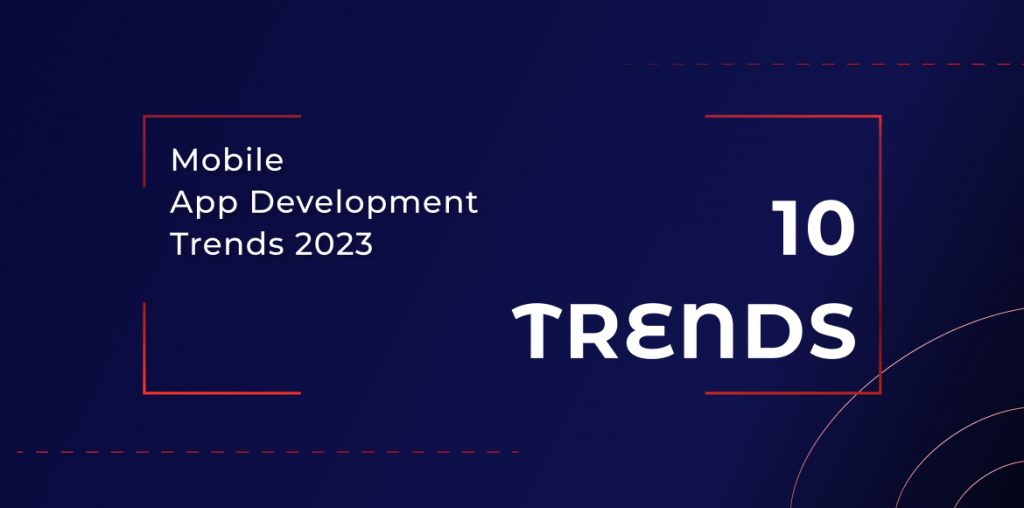
Trend 6: The Expansion of Cross-Platform Development
As the need for app development on multiple platforms grows, cross-platform development frameworks such as React Native, Flutter, and Xamarin continue to gain traction. These technologies enable developers to create apps for both Android and iOS with a single codebase, saving time and resources while providing a consistent user experience across platforms.
Trend 7: IoT Integration in Mobile Apps
The Internet of Things (IoT) has been steadily growing, and mobile apps are playing a significant role in connecting and controlling various smart devices. Developers are integrating IoT capabilities into mobile apps, allowing users to manage and monitor connected devices, automate processes, and collect real-time data to make informed decisions.
Trend 8: The Importance of User Experience (UX) Design
User experience design has become an essential aspect of mobile app development. As users expect intuitive and visually appealing interfaces, developers are increasingly focusing on creating apps with user-centered designs. From seamless navigation to personalized experiences, UX design plays a critical role in driving user engagement and app success.
Trend 9: Blockchain Adoption in Mobile Apps
Blockchain technology is no longer limited to cryptocurrencies; it’s being adopted in various industries, including mobile app development. Blockchain-based apps offer increased security, transparency, and data integrity, making them appealing for applications in finance, supply chain management, and secure data sharing.
Trend 10: Voice and Gesture-Based Interfaces
Voice and gesture-based interfaces are becoming more prevalent in mobile apps as technologies like natural language processing and computer vision improve. These interfaces provide users with a more natural and intuitive way to interact with apps, making it easier to complete tasks and access information without relying solely on traditional touch inputs.
Which Framework is Best for Mobile App Development?
Choosing the best framework for mobile app development depends on various factors such as project requirements, available resources, and the expertise of the development team. Both Android and iOS app development can benefit from the frameworks mentioned above. However, some stand out in particular use cases:
- For cross-platform development with a single codebase and rapid development cycles, React Native and Flutter are excellent choices. Both frameworks have extensive community support and provide a good balance between performance and ease of development.
- If your team has expertise in the Microsoft ecosystem and C#, Xamarin is a compelling option. It offers integration with Microsoft tools, access to a wide range of .NET and C# resources, and enables cross-platform development with native performance.
- For projects focused on leveraging web technologies and requiring a vast library of UI components, Ionic is a strong contender. It allows for faster development using familiar web technologies while providing access to native device features.
- If you prefer working with popular JavaScript frameworks like Angular and Vue.js and need direct access to native APIs, NativeScript is a viable option. However, keep in mind that its community and ecosystem are smaller compared to React Native and Flutter.
Ultimately, the best framework for your mobile app development project will depend on your specific needs, available resources, and team expertise. Each framework has its strengths and weaknesses, so evaluate them carefully based on your project requirements before making a decision.
Want to develop a custom software solution?
Which Technology is Right for You?
Selecting the right technology for your mobile app development project is crucial to its success. Businesses must consider several factors before deciding on the most suitable framework and technology. Here are some key considerations:
Project Requirements
Analyze your project’s specific needs, such as target platforms, required features, and performance expectations. Some frameworks may be better suited for specific requirements, such as native performance or extensive UI customization.
Development Time and Budget
Different frameworks offer varying development speeds and resource requirements. Consider the time and budget constraints of your project, and choose a framework that allows for rapid development without compromising on quality.
Team Expertise
The expertise of your development team plays a significant role in choosing the right technology. If your team has experience with a specific language or framework, it might be more efficient to choose a technology they’re familiar with, reducing the learning curve and potential roadblocks.
Community and Ecosystem Support
A strong community and ecosystem can be beneficial in providing support, resources, and third-party libraries or tools. Larger communities often have better documentation, more frequent updates, and a wider range of available resources to help with development.
Scalability and Maintainability
Consider the long-term implications of your technology choice. Opt for a framework that allows for easy scaling and maintainability as your app grows and evolves. This includes factors such as code reusability, modular architecture, and ease of integrating new features or updates.
Security
App security is vital, especially when dealing with sensitive user data. Ensure the chosen framework has built-in security features or supports secure development practices to protect your app from potential threats.
Integration with Existing Technologies
If your app needs to integrate with existing systems or services, ensure that the chosen framework supports these integrations seamlessly. This might include compatibility with backend services, APIs, or third-party tools your app relies on.
Taking these factors into consideration will help you choose the most suitable technology for your mobile app development project. By carefully evaluating your options and aligning them with your project’s needs, you can make a well-informed decision and set your app up for success.
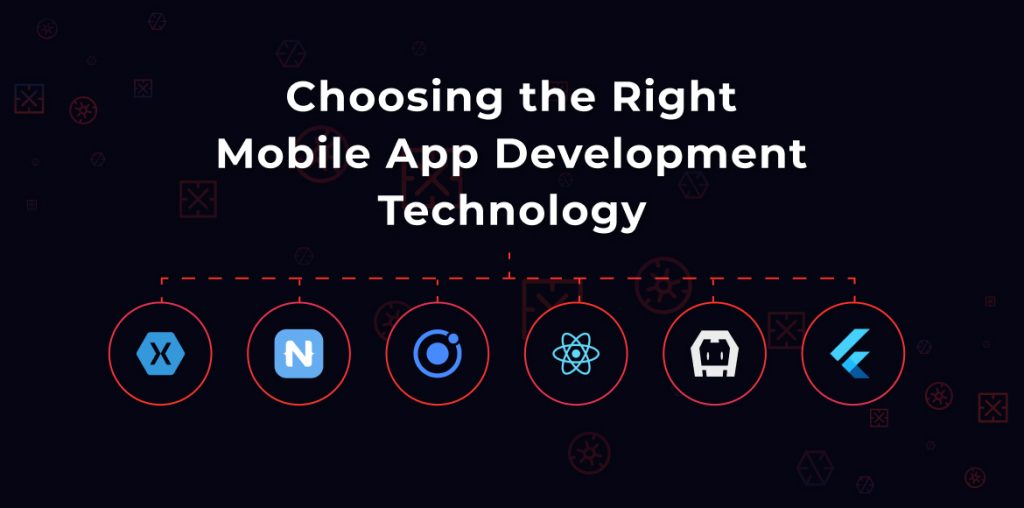
Final Take
In conclusion, the mobile app development landscape is constantly evolving, with various frameworks and technologies offering unique advantages to developers. As we’ve discussed, React Native, Flutter, Xamarin, Ionic, and NativeScript are among the top choices for mobile app development in 2023. By examining emerging trends, assessing your project’s specific needs, and evaluating the strengths and weaknesses of each framework, you can make an informed decision to build a successful mobile app. Ultimately, choosing the right technology will depend on a range of factors, from team expertise to project requirements, ensuring that your app delivers the best possible user experience and meets your business goals.

